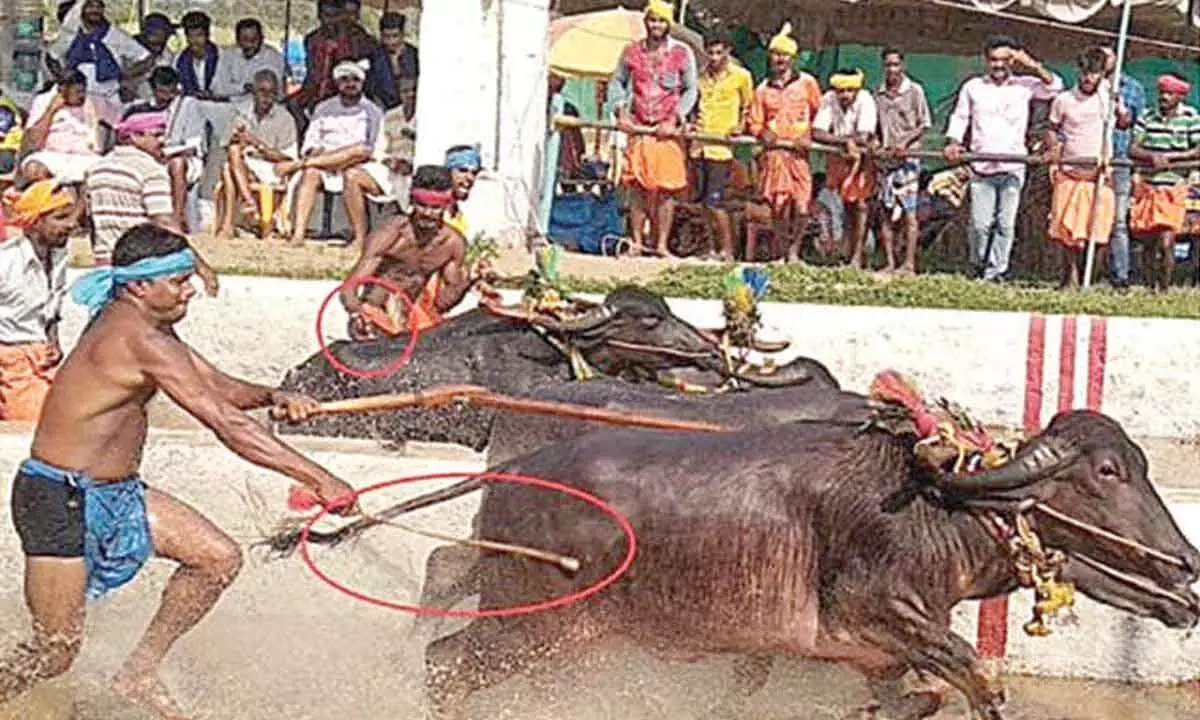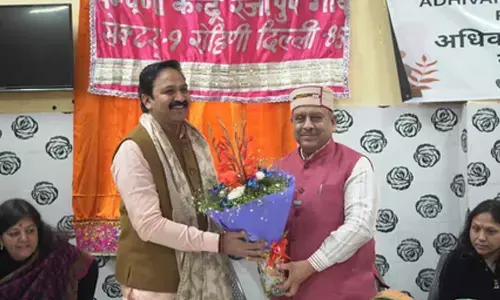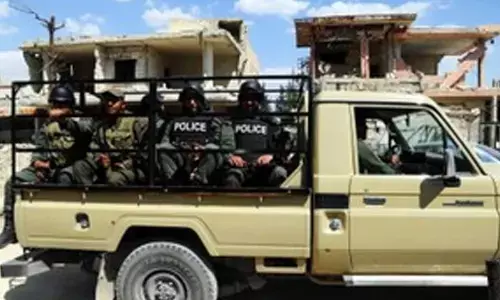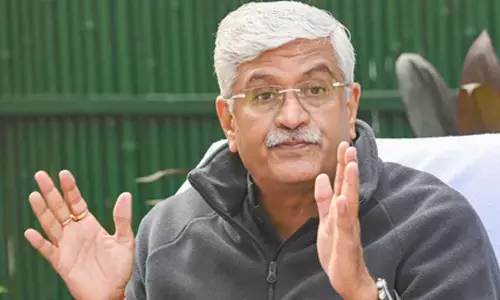Arguments filed in HC by PETA India to stop Kambala near Pilikula Zoo

PETA India’s petition was prompted by media reports on Kambala events planned from October 26 to April 19 in various locations across Karnataka, including non-coastal areas such as Bengaluru and Shivamogga, where these events were never traditionally held. The matter is now adjourned to November 12
Bengaluru: In a significant development, People for the Ethical Treatment of Animals (PETA) India filed a petition in HC to stop several Kambala buffalo races, including an upcoming Kambala event on the doorsteps of Pilikula Biological Park (Zoo) where some 1250 animals, including those who are endangered and protected, reside. The High Court on Thursday permitted the submission of additional facts related to the legality of a Kambala event to be held near the zoo.
In addition to the physical and psychological trauma that will be caused to the buffaloes themselves, the event is being objected to over serious concerns about the impact of noise pollution near the zoo’s animals. PETA India’s petition was prompted by media reports on Kambala events planned from October 26 to April 19 in various locations across Karnataka, including non-coastal areas such as Bengaluru and Shivamogga, where these events were never traditionally held. The matter is now adjourned to November 12.
“Noise pollution can have severe negative consequences on the animals and the zoo’s breeding programmes. The noise of the construction of the Kambala track, crowds and the Kambala event would be loud, unpredictable, terrifying and chaotic for the zoo’s animals. Animals in zoos are also trapped—unable to escape their circumstances, unlike free animals who may fly or run away—and so the stress caused to them by sudden noises can be prolonged, with the psychological trauma and biological effects long-lasting,” says PETA India Lead Legal Counsel Arunima Kedia. “We urge citizens to refuse to patronise Kambala events as they wholly disregard animal welfare.”
Pilikula Biological Park Director Jayaprakash Bhandary has expressed that the planned Kambala event will take place near the heritage section of Pilikula Biological Park. He warns the proximity poses serious risks of airborne and other diseases spreading from hundreds of buffaloes to wildlife in the zoo. He also says abnormal behaviour was already observed in the zoo animals due to high noise levels from past Kambala events. The zoo director has made formal requests to the Kambala convenor and the Pilikula Development Authority to halt the event.
PETA India points out the Kambala racetrack is being built within 100 metres of the boundary wall of the Pilikula Biological Park premises and that noise pollution, including that caused by the construction of the Kambala track, can have severe negative consequences on the zoo’s animals and its breeding programs. PETA India argues noise pollution causes severe stress and fear in animals. This, in turn, can change their feeding, child-rearing, sleeping and mating behaviour.
Noise can also have physiological effects on animals, such as increasing their heart rate and changing their breathing as they panic. Trapped as they are in cages and enclosures, PETA India warns the animals may also injure themselves as they try to escape. Captive animals who are severely stressed also often start demonstrating abnormal repetitive behaviours such as circling, swaying, and biting their cage bars, or they may become withdrawn and depressed into a helpless state. Because many species in zoos are prey animals, they would also feel stressed from being unable to hear potential danger from predators due to the noise.
PETA India also warns buffaloes too are prey animals and so are innately nervous. Men who use them for races deliberately incite them to run by bullying them – causing them pain, panic, and fear. Investigations conducted by PETA India into Kambala events reveal buffaloes tethered without food or water, beaten with sticks, and forcibly restrained with painful nose ropes.
They are shouted at, slapped, and roughly handled at the starting point, often showing signs of fear and distress. In Bengaluru, the exhausted buffaloes were forced to race on a longer 155-metre track, leading to severe physiological stress, as evidenced by heavy salivation, frothing at the mouth, and laboured breathing. In 2014, the Supreme Court passed a detailed and well-reasoned judgement in Animal Welfare Board of India vs A Nagaraja and Ors that holding Kambala and other bull performances would violate the rights guaranteed to animals under the Constitution of India and The Prevention of Cruelty to Animals Act, 1960.


















